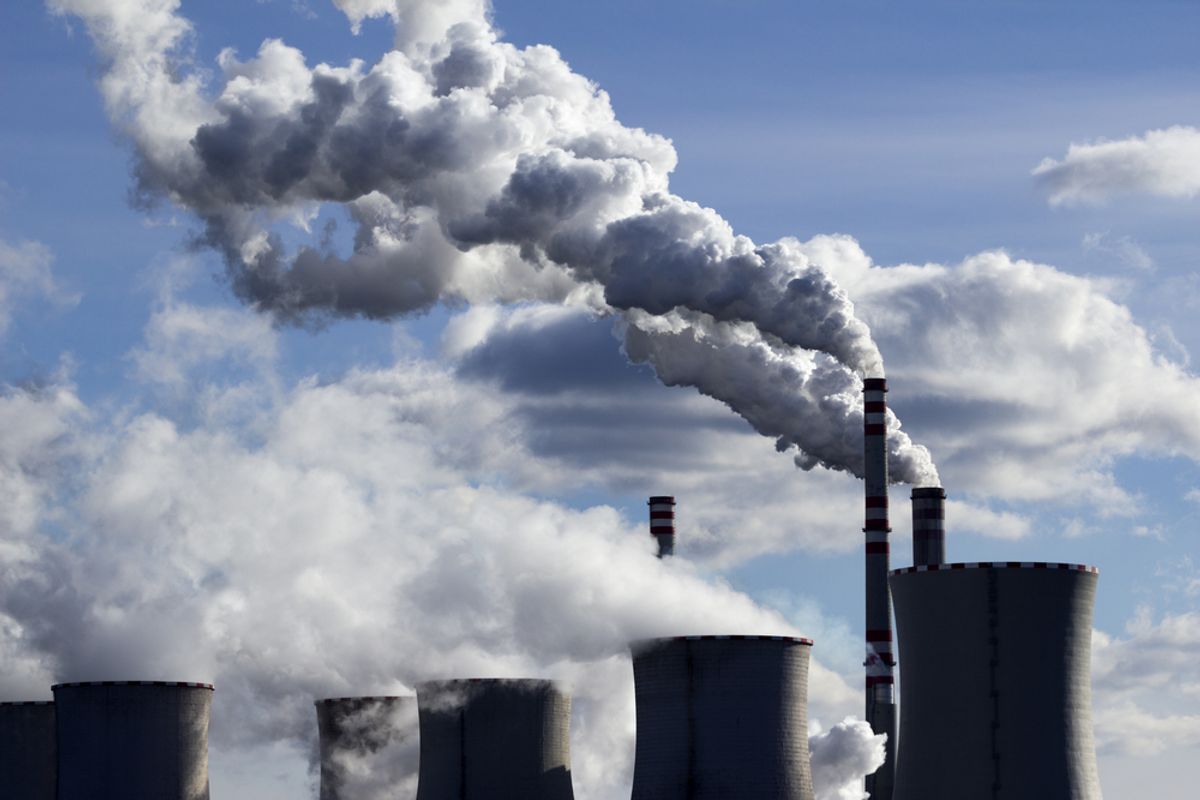The United States' contribution to global warming is on the decline, the EPA reported this week. Greenhouse gas emissions decline 3.4 percent from 2011 to 2012, and are down 10 percent since 2005, putting them at their lowest levels since 1994.
The EPA attributes the decline to the switch from coal to natural gas, improvements in transportation fuel efficiency and, ironically enough, warmer winter weather, which cut the need for heating.

Source: EPA
We're now more than halfway toward reaching the target set at the U.N. climate talks: a 17 percent reduction by 2020. It's no guarantee, though, that we're going to get there. “The decline that has been occurring the last few years could signal that emissions are turning downward, however, they could also be the result of short-term fluctuations,” climate scientist Bill Hare told Climate Central. The L.A. Times points out that a January report from the U.S. Department of Energy saw carbon emissions on the upswing after years of decline, attributed to power plants' switching back to coal from natural gas.
Furthermore, of the 6,526 million metric tons we're still emitting, the EPA counted 82 percent as coming from carbon dioxide, and only 9 percent from methane. A major component of natural gas, methane is actually a more potent greenhouse gas than carbon, and a number of studies have indicated that the EPA is vastly underestimating the amount being leaked from drilling wells.

Shares